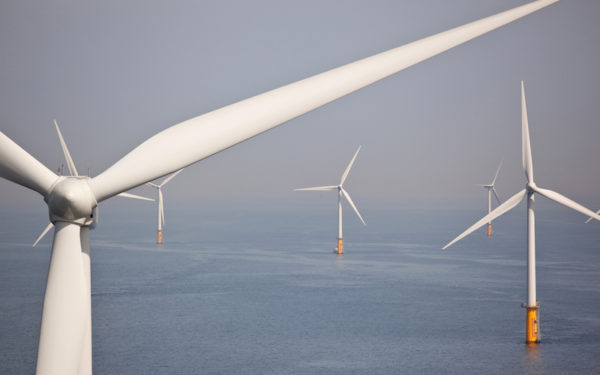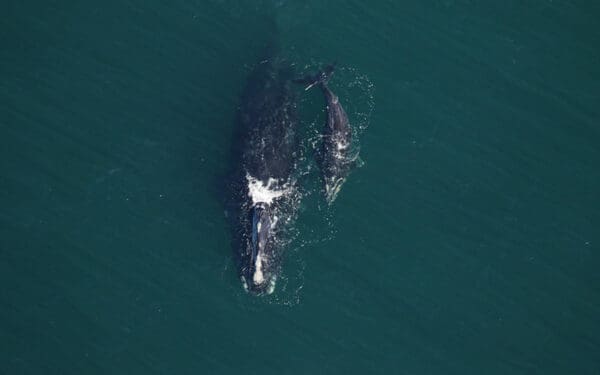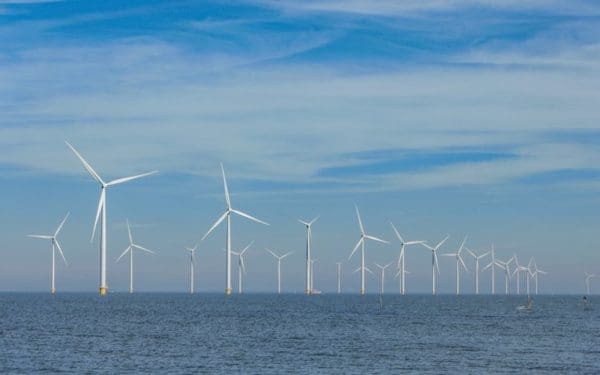Railing Against the Wind
Local anti-wind citizens’ groups are using pro-environment rhetoric to turn public opinion against offshore wind, a tactic borrowed from fossil fuel companies.

Local anti-wind citizens’ groups are using pro-environment rhetoric to turn public opinion against offshore wind, a tactic borrowed from fossil fuel companies.

Offshore wind energy is critical to the future of Maine. It is a necessary step in growing our economy and a crucial piece of meeting our obligations to reduce our reliance on polluting fossil fuels.
Vineyard Wind signed an agreement in January with the Conservation Law Foundation (CLF) and other environmental groups under which they will take historic steps to protect right whales.
As offshore wind projects move forward off of New England’s coast, it’s important to bring this clean energy online while maintaining a healthy ocean. Part of that balance is ensuring that offshore wind development does not harm our iconic – and severely endangered – North Atlantic right whales. CLF and our partners reached landmark agreement with offshore wind developer Vineyard Wind to make sure that this exciting source of clean energy doesn’t come at the expense of our treasured right whale.

“As we ask more of our oceans, we must ensure that we balance the critical need for clean energy with the protection of our majestic right whales and other marine species,” added Dr. Priscilla Brooks, Director of Ocean Conservation at CLF. “This agreement marks a significant step forward in responsible development of offshore wind energy.”

The Massachusetts Legislative Session is over, and CLF has our recap of the good, the bad, and the “meh” from the last two years of work by our elected officials.

Offshore wind can help reduce carbon emissions, but it’s critical to ensure they don’t harm underwater ecosystems, especially the endangered North Atlantic right whale, said Sean Mahoney, executive vice president of the Conservation Law Foundation.